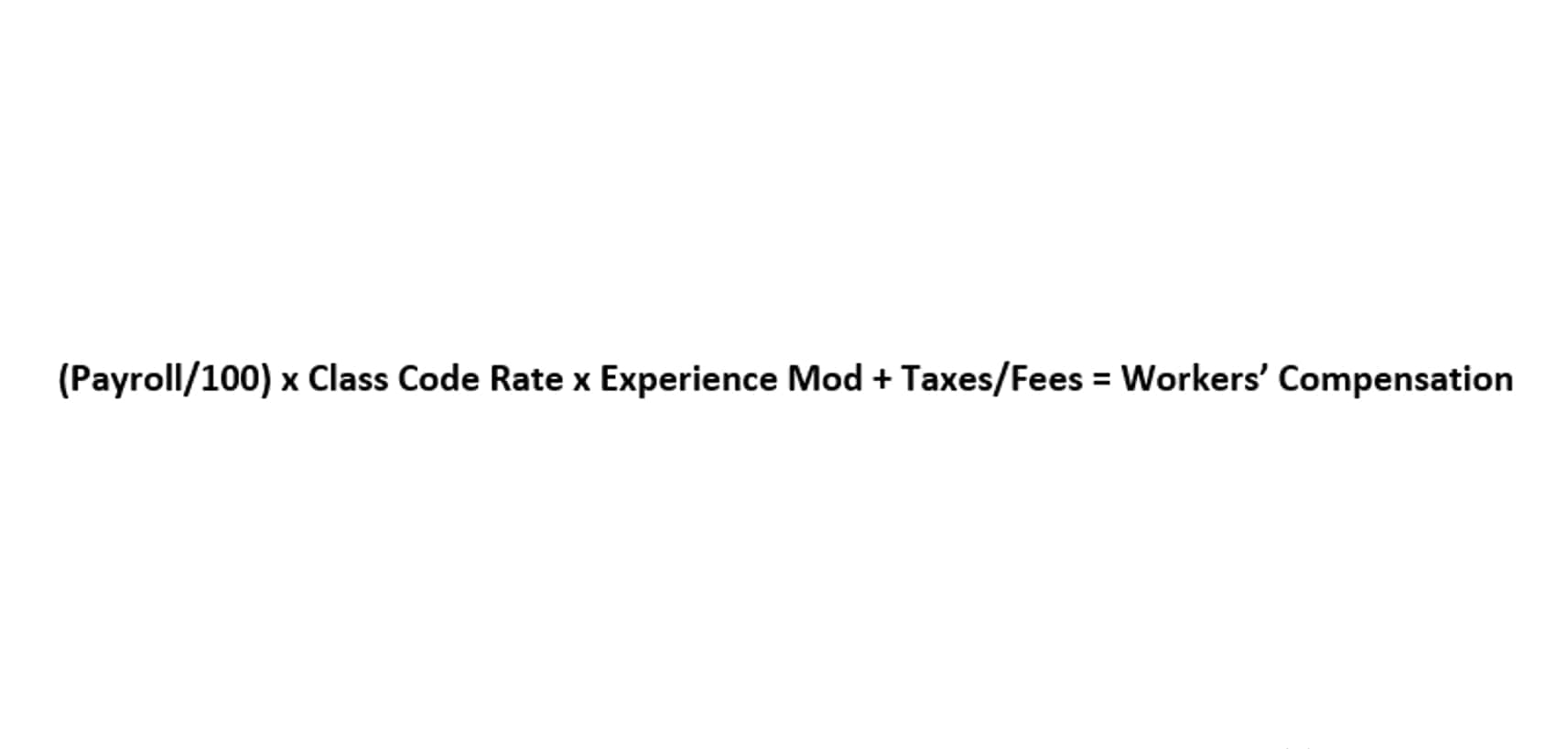
In future, all rent increases in the private rented sector will be made using the same process. Landlords will be able to increase rents once per year to the market rate – the price that would be achieved if the property was newly advertised to let. To do this, they https://www.bookstime.com/ will need to serve a simple ‘section 13’ notice, setting out the new rent and giving at least 2 months’ notice of it taking effect. In line with the government’s manifesto, we will empower private rented sector tenants to challenge unreasonable rent increases.
Common Law vs Civil Law: Definition, Legal Systems and Procedures and Judicial Precedent

…An attorney may handle a case on the basis of a flat retainer, on the basis of charges for time incurred, or on a contingency. If there is a contingency agreement, the attorney cannot exceed the permitted percentages by providing for alternatives which would result in even higher compensation. The contingent fee is permitted because the attorney takes the risk of recovering nothing at all.
Services and information
For legal departments considering the transition to eBilling, here are some practical tips to ensure a smooth and successful implementation. Interested in learning more, check out our e-Billing and spend management solution. Lastly, maintaining consistent system performance and uptime is essential to avoid disruptions in billing and client service.
Let ReviewAI Handle the Pre-signature Phase
Advanced legal e-billings that tap into the rich trove of data in insurers’ databases can likewise be used to greatly reduce costs, increase competitiveness, and provide strategic value. The decision to use an advanced system is the logical next step in claims management. The information contained on this website is intended for educational purposes only and does not constitute legal advice.
Access generative technology with Legal Tracker

Law firms must ensure the e-billing system integrates seamlessly with existing practice management software, which can be technically complex. This direct access enhances transparency and facilitates better communication legal e-billing between law firms and clients. It often involves specialised software that adheres to specific billing guidelines set by clients, particularly corporate ones, to ensure compliance and transparency.
Its secure data handling and online invoice review features foster trust and transparency with clients, while the real-time reporting capabilities enable firms to gain valuable insights into their financial performance at any time they need it. Gone are the days of traditional paper-based billing systems that involved cumbersome manual processes and lengthy invoice delivery times. Not only do legal e-Billing solutions help legal ops teams to work at a higher level, but they also help teams to back up the value of this work to the C-suite using hard data.
- This direct access enhances transparency and facilitates better communication between law firms and clients.
- These platforms typically provide client portals where clients can view, download, and interact with their invoices and payment histories.
- Considering that Clio’s Legal Trends Report found that lawyers spend only 2.5 hours each workday on billable work, this can make a significant impact on a law firm’s bottom line.
- In future, all rent increases in the private rented sector will be made using the same process.
What is Legal E-billing? Compliance, Benefits and Future of Legal E-Billing

This is why we are introducing a Decent Homes Standard (DHS) in the private rented sector for the first time. Applying a DHS to privately rented homes will ensure tenants benefit from homes that are safe and decent. By directly tackling rental bidding, the Renters’ Rights Bill will improve the experiences of prospective tenants across England and ensure that the exploitative approach currently taken by a minority of unscrupulous landlords is ended for good.
Legal System: Definition, Legal Framework and Rule of Law
Modern legal e-billing: An effective law firm management tool

